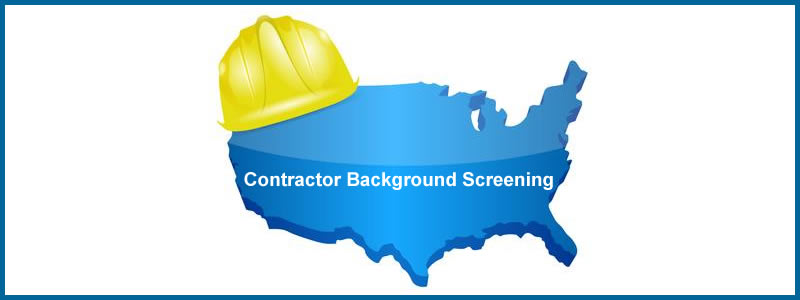With so many people nowadays openly sharing the intimate details of their lives via social media, why is comprehensive employment screening still relevant and critical to the hiring process? For most organizations, the answer is clear: Failing to screen prospective employees can result in negative — and potentially dire — consequences, including compromised security and damaged corporate reputations. Bad hires can harm overall employee morale, and disgruntled workers can be major sources of distraction and other troubles.

By thoroughly screening employees prior to hiring, companies can avoid bringing in the wrong people — who can pose significant future problems.
What Does Comprehensive Employment Screening Include?
By using comprehensive employment screening, companies can verify various information about prospective workers, including (depending on industry, position and salary):
- Address history
- Driving and criminal records
- Previous employment
- Educational background
- Financial history
- Reports about evictions
While comprehensive employment screening does not guarantee weeding out all bad hires, it often can identify red flags such as criminal convictions. It also can unearth circumstances that might be undesirable for certain positions, such as an individual who has had significant financial problems applying for a role that involves handling money at a financial institution.
Employees who aren’t truthful about reasons for leaving a past job may be attempting to cover up serious incidences of bad behavior, such as insubordination, and an individual who flouts rules in the workplace may be more prone to behaving badly in the future. To get the full picture of a candidate, screeners may interview former supervisors, along with verifying professional certifications, educational degrees, criminal records and driving records.
What Are the Benefits of Comprehensive Employment Screening?
Most human resources professionals — 96 percent, in fact — report that their organizations conduct some type of background screening or professional reference verification checks for applicants. And the majority of business leaders understand that screenings remain vital for determining whether candidates will be a good match and whether they may pose a risk to security or reputation.
The consequences of failing to verify information about candidates can be detrimental for businesses. Over the past several years, numerous organizations have been publicly embarrassed when it came to light that individuals in high-profile positions lied about their qualifications.
With data-collection technologies continuing to improve and global security concerns mounting, comprehensive employment screening will continue to play an important role in corporate hiring procedures. And human resources professionals will continue to take the lead in guiding their organizations to best use background checks for hiring and retaining top team members.
Disclaimer Statement: All information presented is for information purposes only and is not intended to provide professional or legal advice regarding actions to take in any situation.




 As on first dates, employment candidates usually put their best foot forward during a
As on first dates, employment candidates usually put their best foot forward during a  How well does a contractor really know its employees? During the course of a construction project, a firm’s workers are constantly exposed to customer information and belongings. If a less-than-honest employee is added to the team, this could cause big problems for the business.
How well does a contractor really know its employees? During the course of a construction project, a firm’s workers are constantly exposed to customer information and belongings. If a less-than-honest employee is added to the team, this could cause big problems for the business.